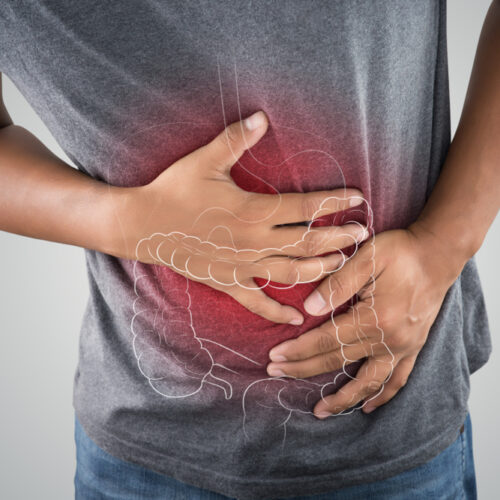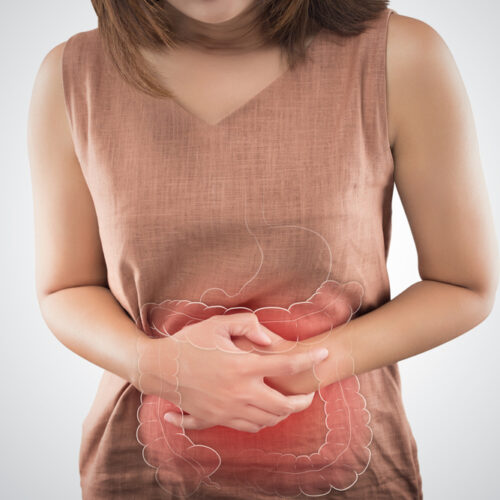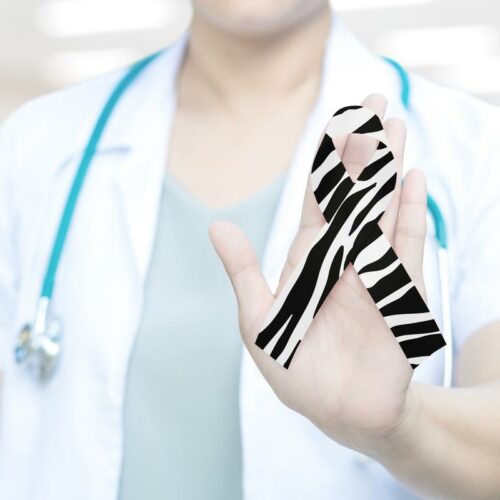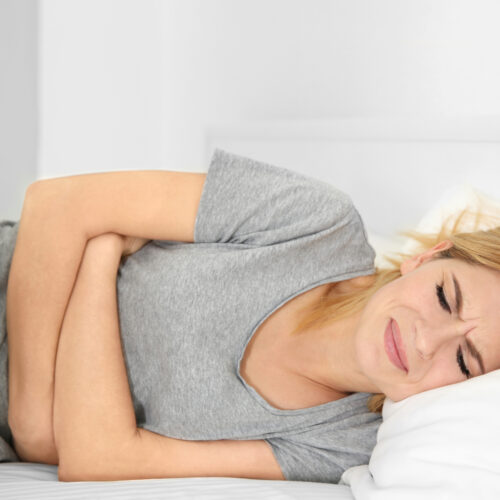Causes and Symptoms of fibroids
Our body functions in ways that are unique and allows us to lead a normal life. Any abnormal growth in either of these organs disrupts the normal functioning of the same.
Fibroids are one such abnormal growth that has its roots firmly planted in or on a woman’s uterus. Various studies indicate that around 3 out 10 women are diagnosed with fibroids.
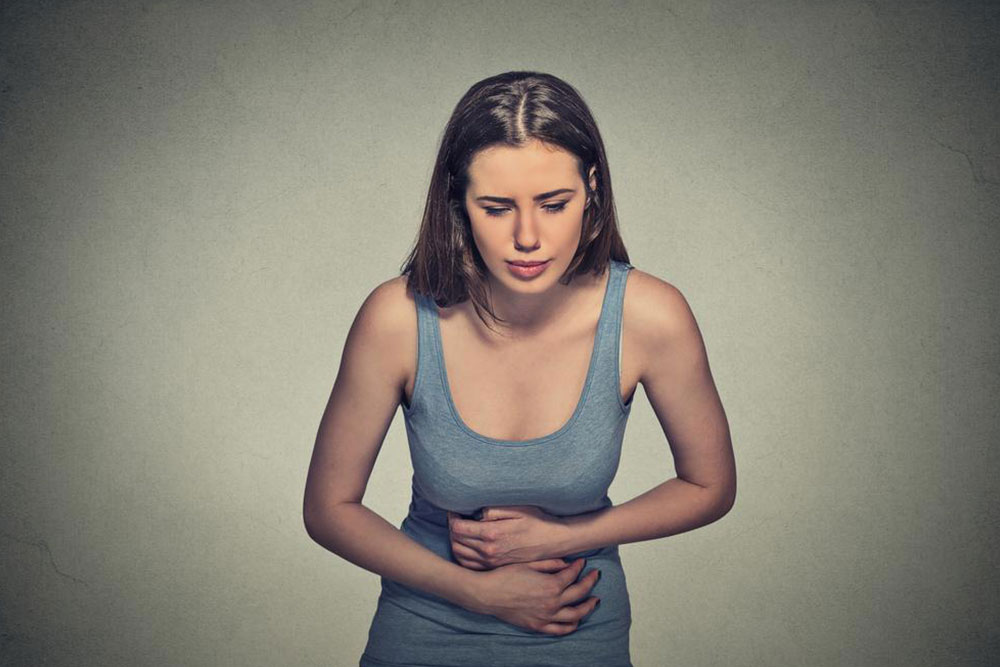
What causes fibroids?
The real cause of the presence of fibroids in the uterus is unknown, but studies link fibroids to the level of estrogen in a woman’s body. Fibroids affect women after they attain puberty and ceases to grow once they reach menopause. It is believed that fibroids grow steadily when the estrogen levels in a woman’s body are high, especially during pregnancy.
What are the different types of fibroids?
The different types of fibroids are-
- Submucosal fibroids- These fibroids grow in the uterine lining and are responsible for causing heavy menstrual bleeding.
- Intramural fibroids – This type of fibroid grows inside the muscular walls of the uterus.
- Subserosal fibroids – These fibroids that grow on the outer wall of the uterus are responsible for causing incontinence since they increase the pressure on the bladder.
- Pedunculated fibroids – These fibroids can grow either on the inside or outside the uterus, and it has a stalk that allows it to attach itself to the uterus.
What are the early fibroid symptoms?
The early fibroid symptoms vary as per the location of the fibroids and the size of the same. Though the fibroids aren’t cancerous, it is essential that they are treated. The smaller fibroids are usually harmless, but the bigger ones are the trouble-causing agents. The early fibroid symptoms are as follows-
- The most common early fibroid symptoms are the presence of acute pain and discomfort. This occurs since fibroids compress the organs and the nerves, which in turn results in increased pressure on the pelvis.
- The person suffering from fibroids might experience chronic pain in the abdomen since the fibroids that have lodged itself in the outer part of the uterus can extend to the abdomen as well. The presence of large fibroids in the abdomen can cause swelling in the stomach.
- One can also experience pain and discomfort during a sexual intercourse due to the presence of fibroids.
- Fibroids affect the bowel movements as well if they compress the rectum. The individual might experience pain during a bowel movement and a constant bloating sensation as well.






